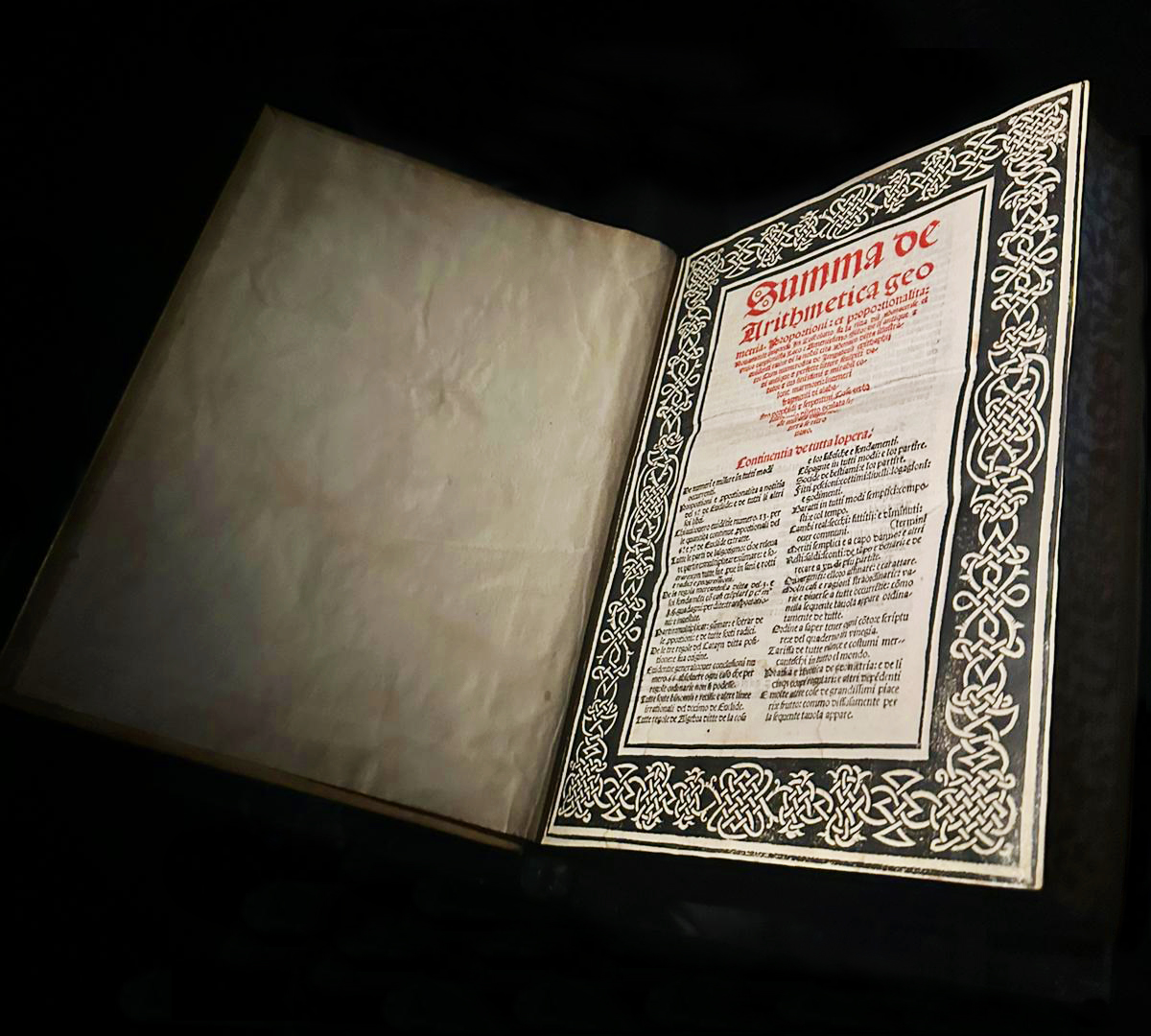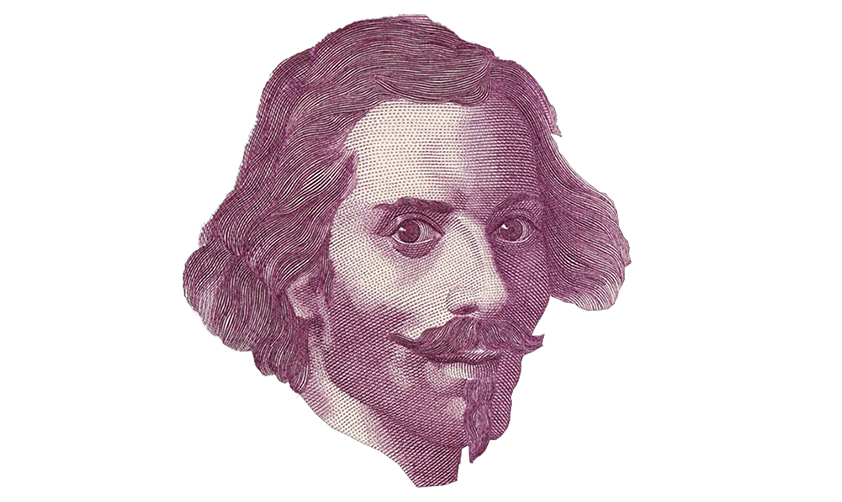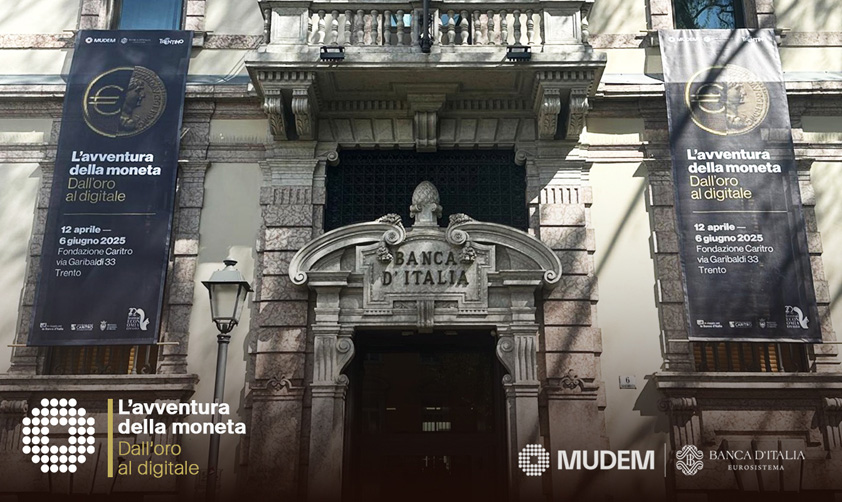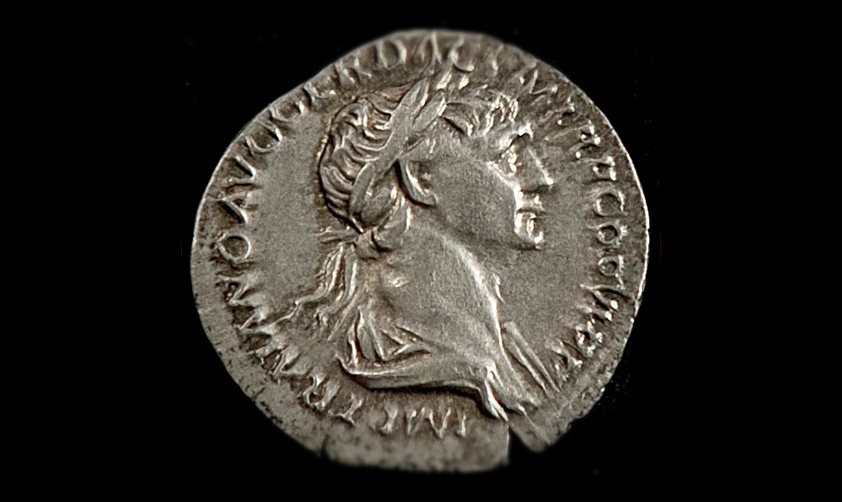Accountancy can easily evoke pictures of drab office life, with accountants - at best - the 'heroes' in films like the Italian Fantozzi saga. Number crunching and bookkeeping are commonly seen as the business of fussy, pedantic people that can easily border on the petty and narrow-minded.
Yet accountants have also been figures held in the highest regard. In ancient societies - the scribes of the Sumerian, Babylonian and Egyptian civilizations, for example - they acted as senior civil servants, reporting directly to the sovereign. In the Middle Ages, the importance of accountancy as a profession grew in Italy, branching out from the public sphere into the private sector, to meet the demands of merchants and their growing business. Between the 13th and 15th centuries, Italy emerged as a leading centre for the science behind accountancy through the work of brilliant mathematicians, such as Leonardo Fibonacci and Luca Pacioli (a Franciscan monk), who systematized and taught the methods already in use in the East and among Mediterranean traders.

Figure 1. Summa de Arithmetica by Luca Pacioli, owned by the Bank of Italy and preserved by the Biblioteca Baffi.
Visitors to 'The Adventure of Money' exhibition were able to take a close look at one of the two copies of the Summa de Arithmetica (1st ed. Venice, 1494) by Luca Pacioli (1445-1517) kept at the Biblioteca Baffi, Banca d'Italia's internal library. The Summa was the greatest synthesis of the mathematics of the time. Regarded as the queen of the sciences and applied techniques, mathematics comprised arithmetic, algebra, geometry, mercantile computation and of course, accountancy. The De computis et scripturis section (which is in the Distinctio nona of Tractatus XI of the Summa) is commonly known as the 'Treatise on double entry bookkeeping'. The truth is that Pacioli did not actually invent double-entry bookkeeping. He didn't even call it by that name; for him it was il modo de Vinegia (the Venetian method), emphasizing his preference for a local variant of an otherwise widespread method. As a Tuscan working on Venetian material, Pacioli used a peculiar language that made things difficult for later scholars and translators (quaderno, for instance, is his preferred term for 'ledger', and cavedale is the Venetian vernacular word for capitale, 'capital'). Nevertheless, accounting certainly owes its recognition and scientific systematization to Pacioli. Mathematics and business accounting became closely linked: arithmetic was obviously instrumental for recording revenue and expenditure (the partite, 'entries') and as a means for precise budget implementation and verification. Accountants were also essential for solving everyday problems relating to practical needs.
Knowing how to keep accounts became the first requirement for the smooth functioning of any economic organization, be it a family, a firm or a state; and the method proposed - double-entry bookkeeping - made it possible to quantify correctly, in balance sheets and statements, the amount of receipts and payments, how much is owned and how much is owed to others. Double-entry bookkeeping records business transactions from a dual perspective, monetary and financial, and economic. A textile merchant who purchases a certain amount of wool will record, on one side, a decrease in the cash on hand (or an increase in their debts to the supplier) and, on the other side, an increase in their wool stock, for the same amount. In single-entry bookkeeping, the merchant would only record the variations in cash on hand (or in their debts). Double-entry bookkeeping thus makes it possible to record business transactions in a systematic and thorough way, and makes verifying and keeping track of transactions more effective. It also simplifies the resolution of possible disputes, because of the accuracy with which business records are handled; at the same time, it contributes to the credibility of a merchant, since their business results can be concretely assessed and their future results estimated on more solid grounds.
Popular perceptions can sometimes be groundless or misleading. Accountancy is indispensable to economic organizations, and a typical case of misrepresentation. There's a place for the socially awkward accountant in films and TV shows, whether the aim is mere amusement or sharper social satire, but at the same time, let's remember the scientific achievements of friar Pacioli and the essential part played by accountants.









